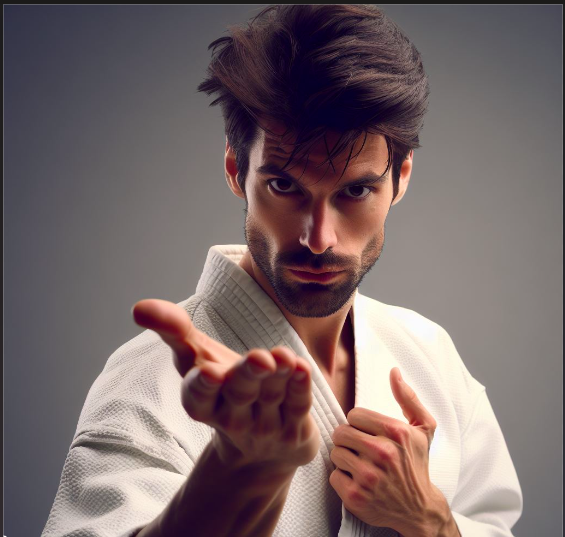|
My daughter ran into the room to have us quiz her Spanish vocabulary. My son couldn’t wait to be tested on the first 41 elements he’d just memorized from the periodic table.
Knowledge loves to be challenged. Discovery yearns to improve where it hasn’t yet explored. Authority, however… not so much. People ask me why we do a certain movement, training, or nutritional strategy; and I love that. People ask me how; and I love that. People challenge it. I love that. People bring up, “but I’ve heard…”; and I love that. “But so and so says…”; and I love it. I invite testing. I pray for it. Because I am an expert. Please, come test the limits of my mastery; and I will readily admit where I don’t know. No hesitation. No bluff. In fact, I don’t mind learning a BETTER way to do it. But some “experts”… not so much. And that’s why I put quotations around the title. People hide behind their names, titles, suffixes, education, franchises, organizations, or even hashtags like #trustthescience in an obvious effort to NOT be tested. They just straight up will not entertain inquiry. They recoil and shrink at the tiniest inference of scrutiny. That, by definition, is not expertise. I try to imagine a master martial artist claiming his technique cannot get any better, but also refusing to get in the ring, EVER. I cannot do it. It's silliness. But for some reason societally we will tolerate the very same tactic when employed in certain academic, scientific research, or political debates. It's actually more silly in those scenarios, as the person in question is making a claim to impose on our beliefs or behaviors. The master martial artist is merely claiming that his own technique cannot improve at all. I can recall talking to clients whose nutritionists and doctors countered my dietary advice all the way back to 2004. I always loved it and still do. The American Diabetes Association and Academy of Nutrition And Dietetics, which are wholly owned by industry (1,2), have long proclaimed opinions which are at odds with verifiable science. Whenever people challenged me on this, I’d just tell them to buy a glucometer. Once you DO science, you get unshackled from worrying about opinions. I right now have a client who is reversing her diabetes. There are “experts” in those organizations who will say it’s impossible; and all I can see is someone with very limited experience, and even more limited vision and imagination. Titles are great. Official licensure and proper education is necessary even. But wherever it is abused to avoid questions, we find lack of expertise. In my area of expertise, I continually find many areas of opportunity, for new learning, for improvement. And on average I have thirty-thousand to fifty-thousand MORE hours of professional experience than most of the top “authorities” in my field. I find it brazenly deceitful, therefore, when anyone in any area of health sciences and wellness declares a matter settled, rejecting the cornerstone of learning that IS inquiry. It’s never settled for experts. Static knowledge which cannot be questioned is only for the novices, the ignorant, the phonies, and the liars. Expertise invites testing. 1.) https://diabetes.org/about-us/research/pathway/supporters/corporate-sponsors 2.) https://www.cambridge.org/core/journals/public-health-nutrition/article/corporate-capture-of-the-nutrition-profession-in-the-usa-the-case-of-the-academy-of-nutrition-and-dietetics/9FCF66087DFD5661DF1AF2AD54DA0DF9
0 Comments
Your comment will be posted after it is approved.
Leave a Reply. |
Elev8 Wellness
|
LIVE. AWESOME.We offer the highest quality in personal fitness, nutrition, and mindset coaching, helping you achieve your fitness, health, wellness and performance goals no matter the obstacle. With virtual online training and private, in-studio training we make it easier to reach your wellness goals safely.
No more can't. No more not good enough. If you compete in a sport, let your mind no longer hold you back from being the greatest. If you don't, let your mind no longer hold you back from being the best version of you that you can be. Sign-up for a Tour Covid Screen Waiver Elev8 Waiver Become an Elev8 Instructor Space Rental |
6244 lyndale ave. s., minneapolis, mn 55423
|
© 2021 Elev8 Wellness LLC. All Rights Reserved. site map | contribute | SITE BY Sproute Creative


 RSS Feed
RSS Feed
